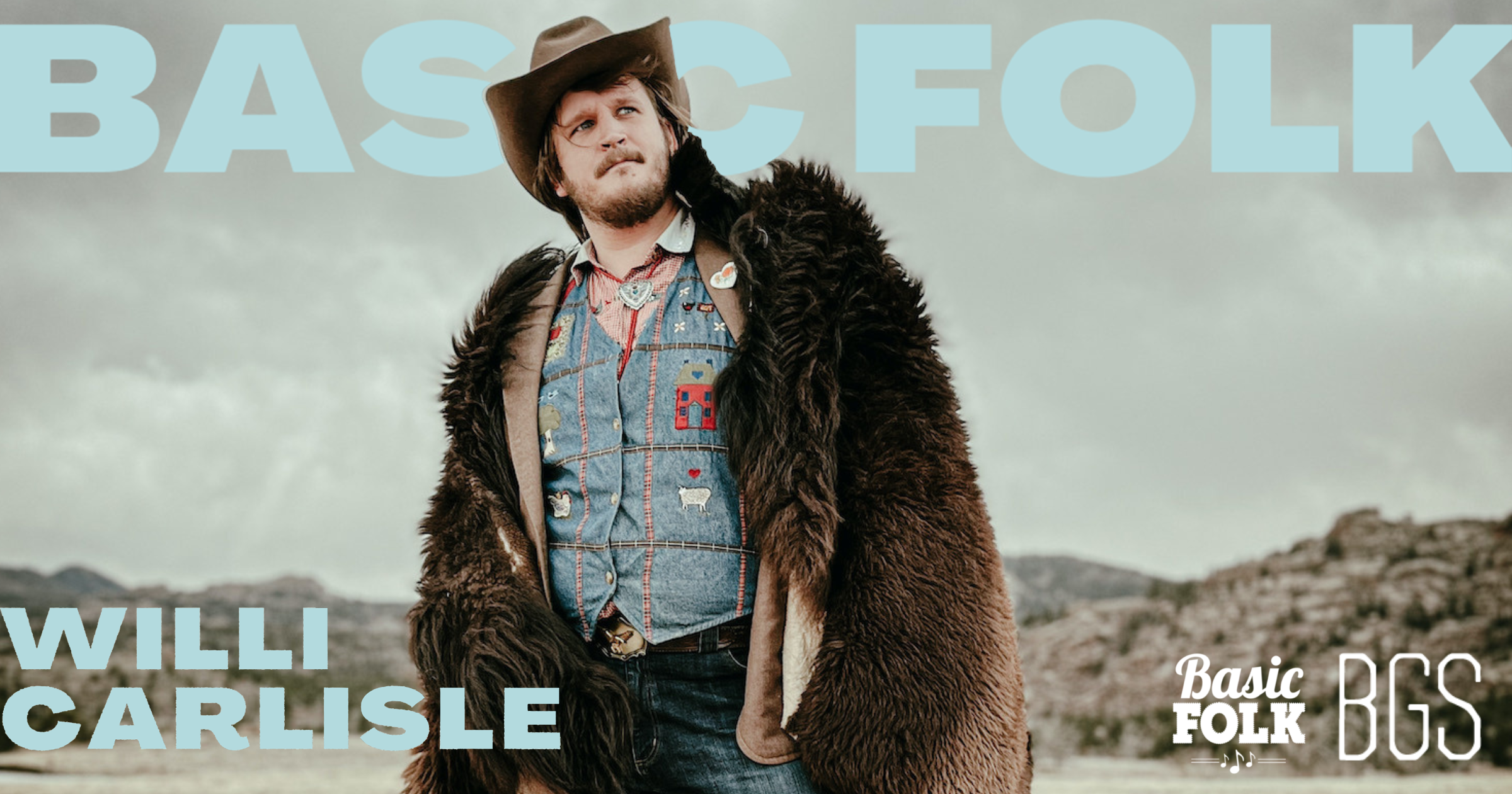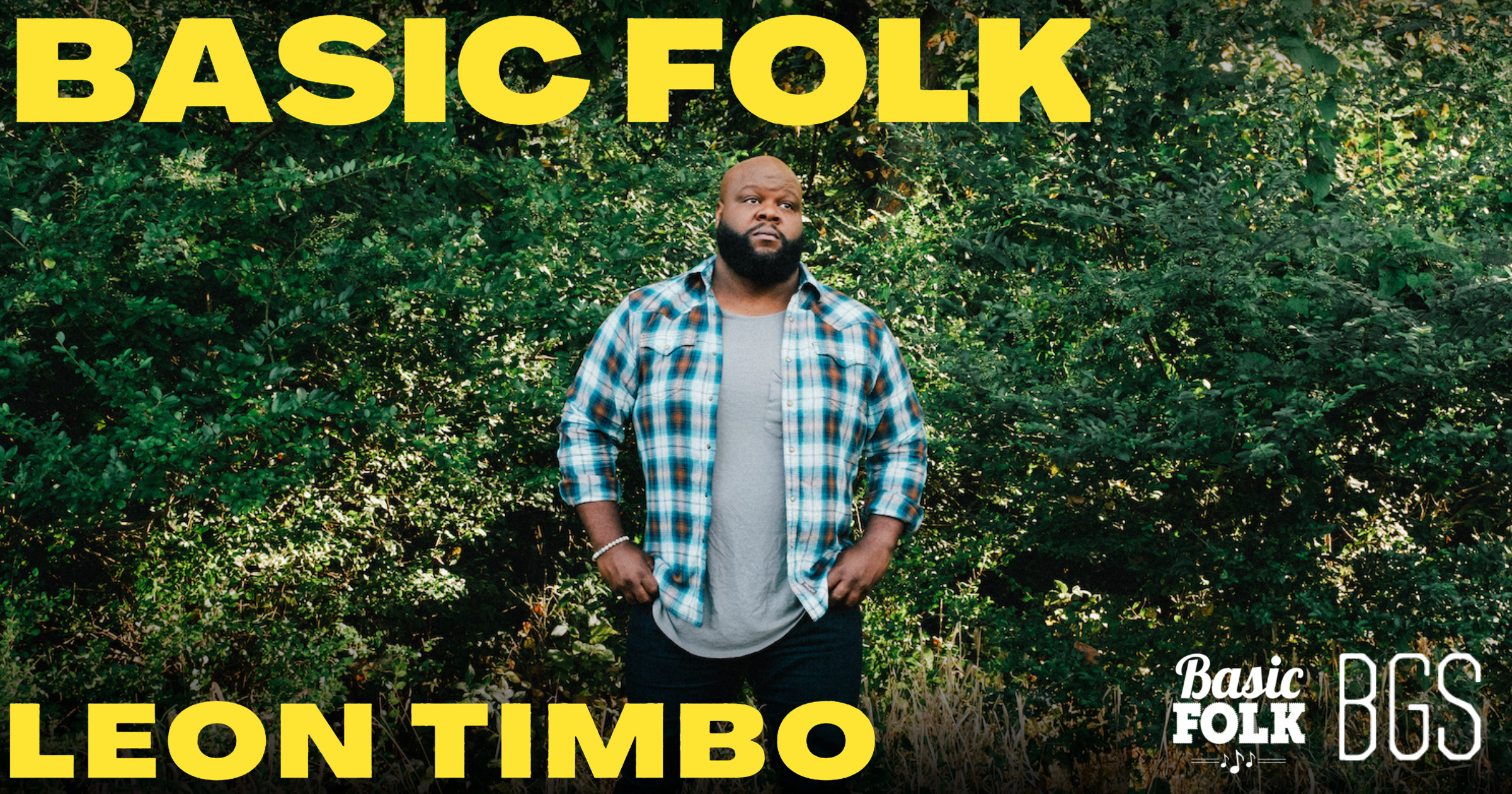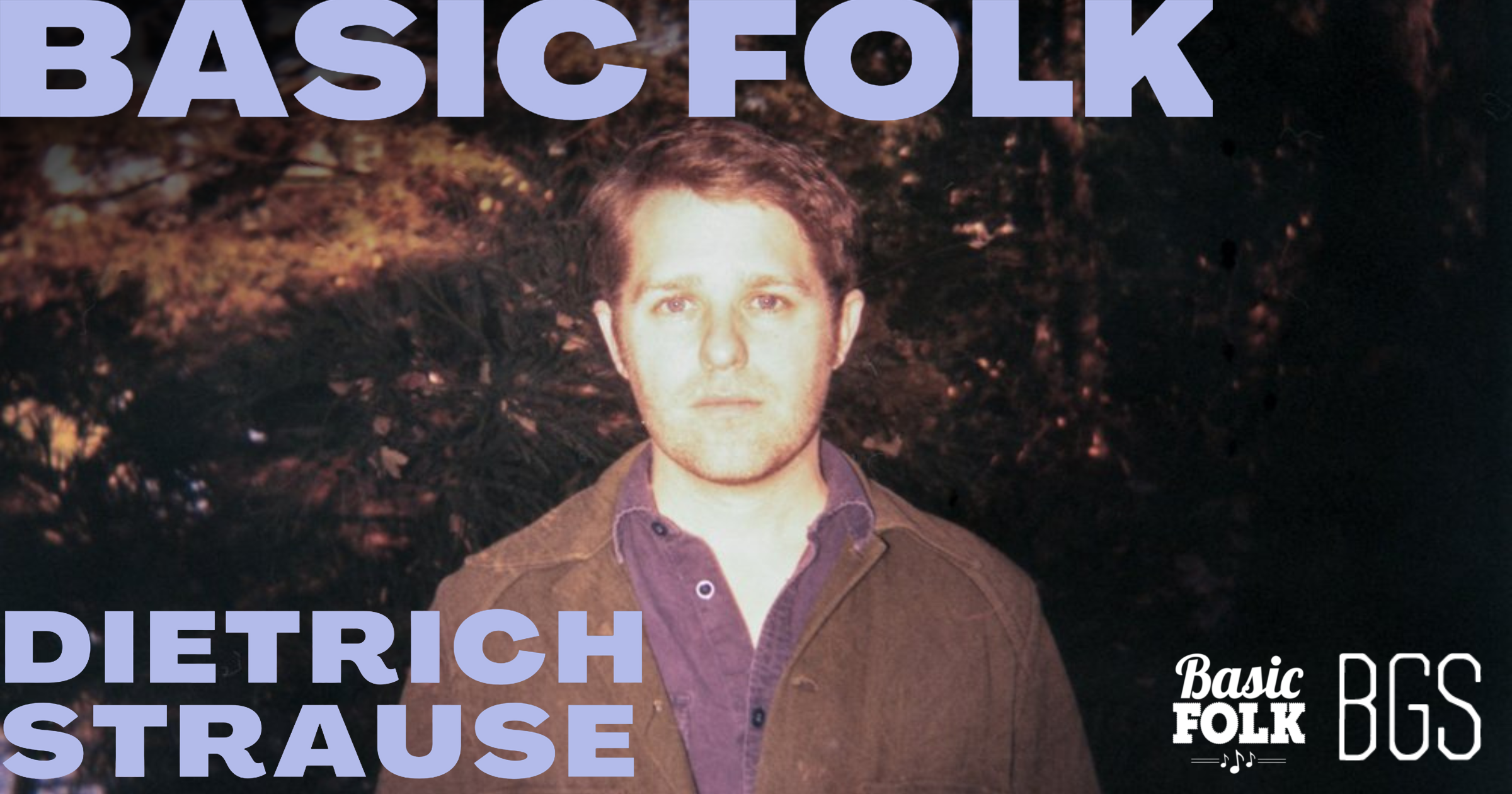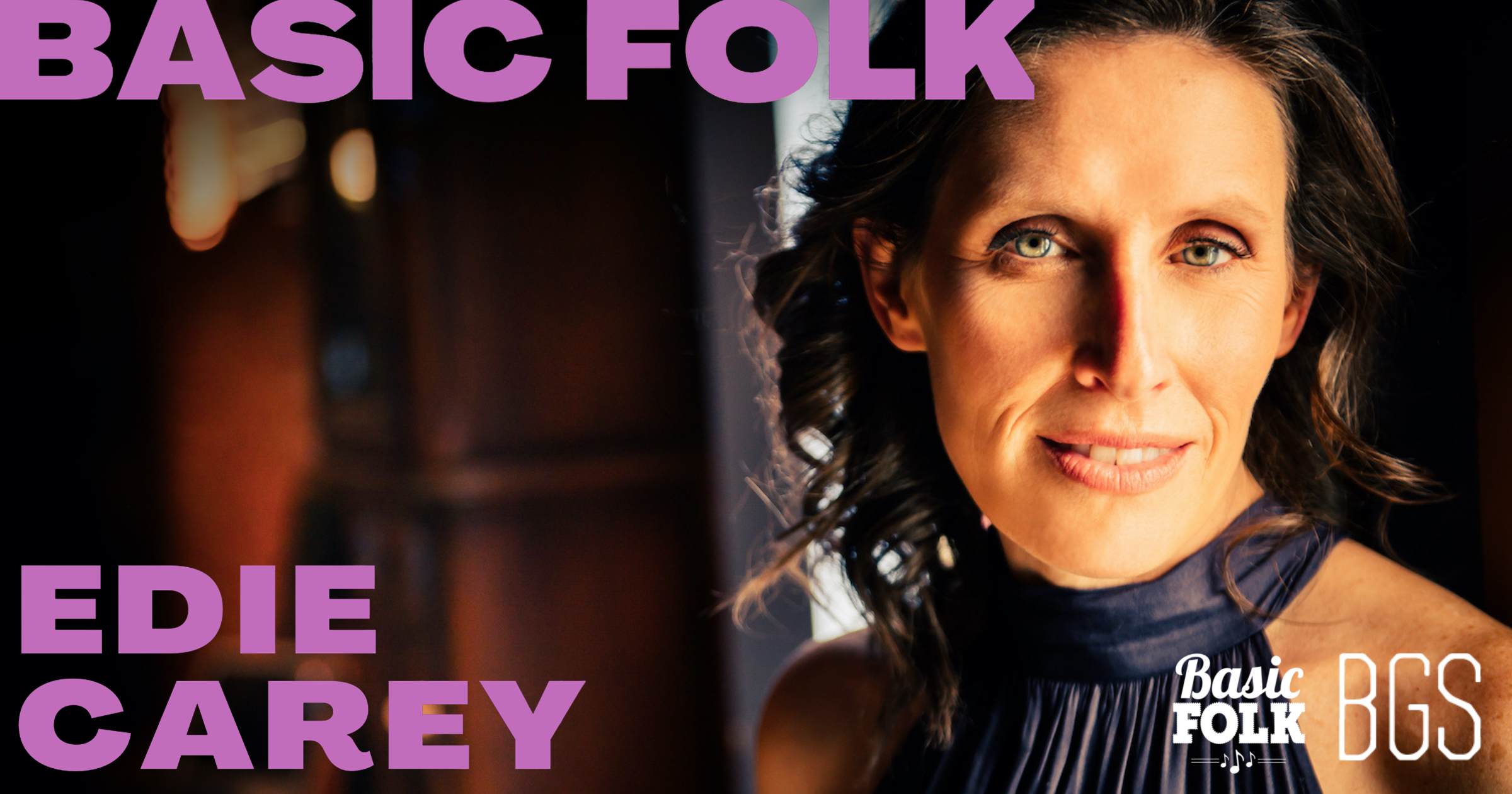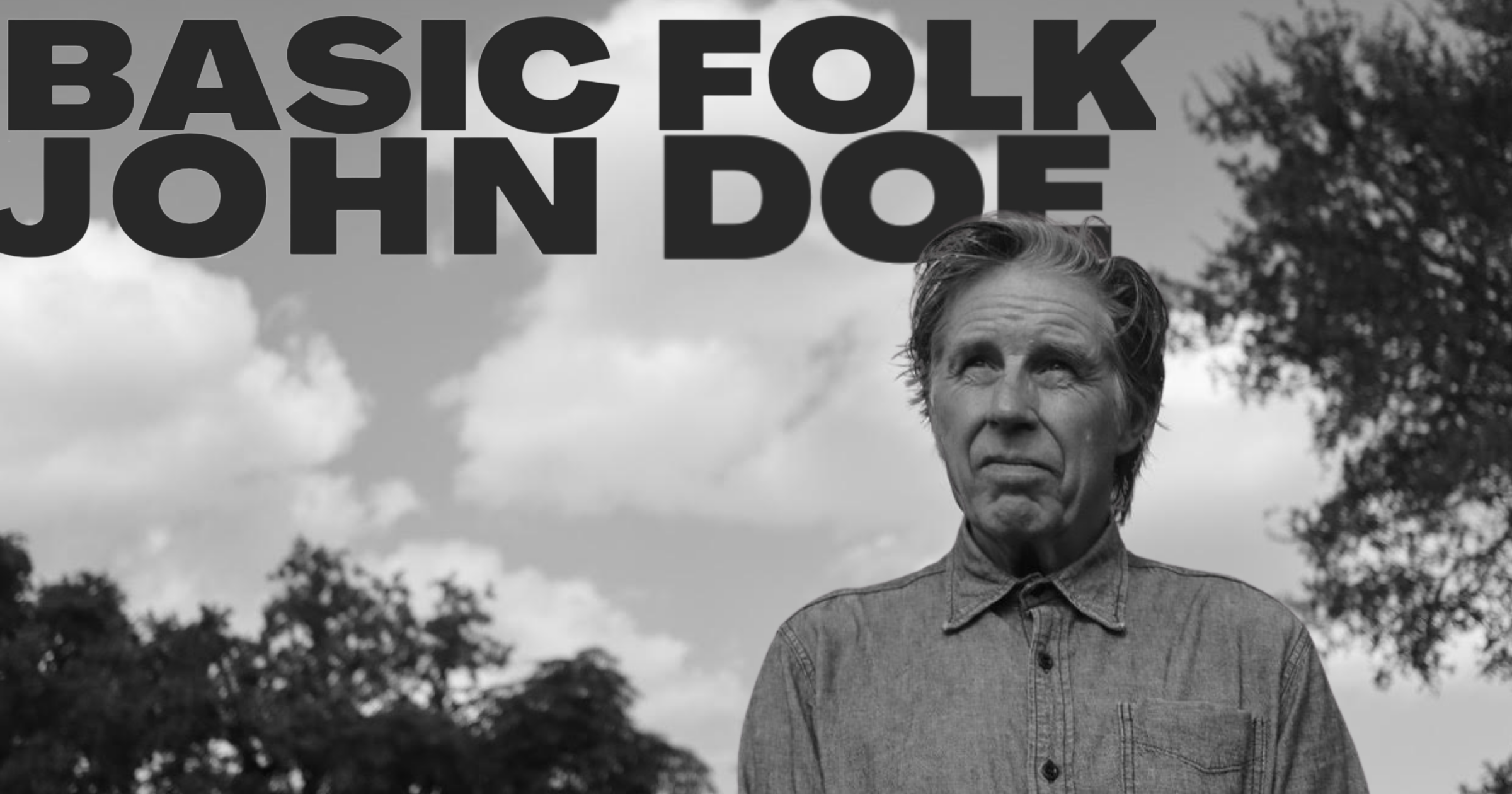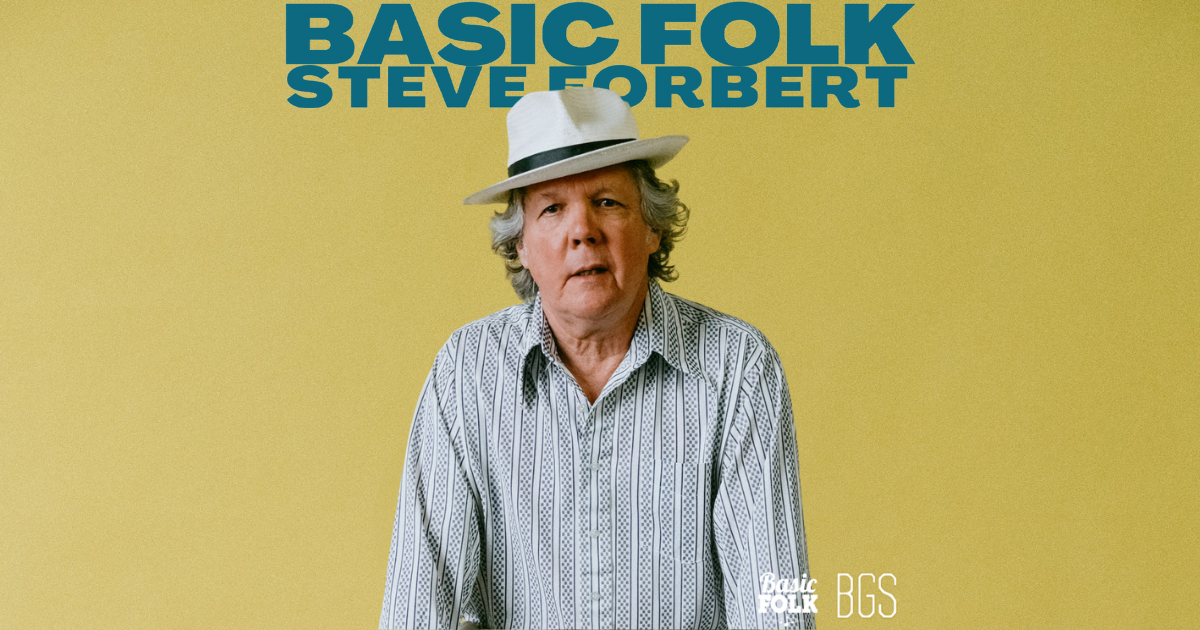It’s hard to not fall a little in love with Willi Carlisle. The former high school football captain (he’ll tell you it was just for his junior year), poet, madrigals singer and freaky dreamer is irresistible on stage and on record. He grew up an outsider and the feeling remains in his adult life.
In writing about his intense life, he’s found an outlet and in his music we, the others, feel seen. His history is filled with complex experiences like having a musician father, singing in punk bands, getting a masters in poetry and finding true home and community at square dances in the Ozarks.
I got Willi to talk about a couple of notable contradictions in his life including his unflinching willingness to lay it all out for his music, living alongside not trusting himself or believing that he can do this. He also loves high-brow poetry and punk rock, but “I don’t want to come across as too heady, but I also don’t want to be so punk rock that I lack polish.” We talk about those contradictions and, of course, the music. His new album, Peculiar, Missouri, is filled with songs that seem very hopeful and these songs, even the protest songs, are coming from a place of love. Willi’s not reached a state of queer joy, which he’ll freely tell you, but he’s working on it. Meanwhile, his honesty, curiosity and big heart have us hooked.
Photo Credit: Mike Vanata
